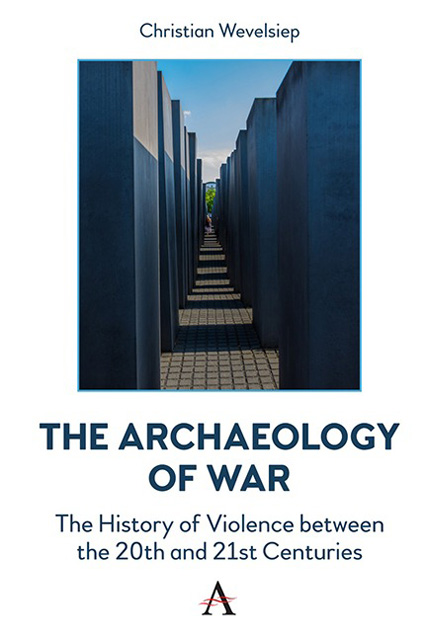Chapter Ten - War Again? The Contribution of Philosophy to the Phenomenon of War
Published online by Cambridge University Press: 17 October 2023
Summary
Introduction
When talking about wars, the moral feelings evoked by them play a major role. This cannot be surprising – to the same extent that the intuitive historical evaluation of contemporary wars is also influenced by such strong feelings. War is rejected by the majority in modern times because it is morally unambiguous: it causes suffering and destroys the moral, social and economic foundations of societies. But when wars are waged in defiance of this insight, the question of consent becomes not only a moral question but also a historical self-questioning. In the sign of war, old and new lines of enmity are drawn, the capacity for violence is mobilised and present violence is related to past violence. Wars trivially take place against the backdrop of past wars, so that they sometimes seem like an endless succession of permanent confrontations.
An intellectual intervention from 2002 sounds correspondingly familiar. Karl Otto Hondrich wrote about the future and present of war from a Western European, or German, point of view with mixed feelings: for half a century here (in Western Europe) war was considered the greatest conceivable calamity. Memories of the world wars, Vietnam and the threat of nuclear war gave a deep seriousness to the fear of war. This condemnation of war has remained, but under the table the feelings and arguments are transforming: they are turning to war again (Hondrich, 2002, p. 7).
This consent to violence is ambivalent and reluctant; the new attitude towards war contained all the fears from the older wars. It was more like an acceptance of fate. One submitted to a development that was experienced as unstoppable.
The author wrote about the violence in Southeastern Europe, Bosnia and Kosovo; about the war in the Hindu Kush and the looming war in the Gulf at the beginning of the millennium. The participation of German society in these wars and interventions was, as we know, small; it had hardly affected everyday life. One participated in large coalitions and with only a small part of one’s collective self; one left it to special troops and military specialists to enforce peace. The progress of military and technical systems offered a guarantee that this war, like all other ‘small wars’ in the periphery, posed no threats to world peace.
- Type
- Chapter
- Information
- The Archaeology of WarThe History of Violence between the 20th and 21st Centuries, pp. 141 - 152Publisher: Anthem PressPrint publication year: 2023

